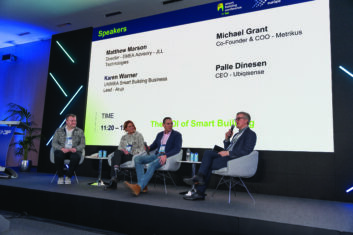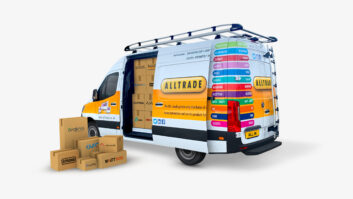
Does a building being smart increase its value? It depends on who is looking at it, according to Michael Grant, co-founder and COO at Metrikus, speaking as part of a panel session on the ROI of smart buildings at yesterday’s Smart Building Conference. “There is an ROI for building developers who look at the full lifecycle, and for tenant occupiers who must understand the use of their space by people and manage its usage,” he said. “That is different to the landlord ROI, that is increasingly difficult to achieve because they have to offer more benefits to users and think about how they are going to keep current tenants and attract new ones.”
Grant says landlords must be more proactive than ever to secure their own ROI and that smart building technology can help them on this path, with the ability to include usage metrics as part of tenant packages, for example.
A focus on sustainability and energy efficiency in older buildings also delivers ROI, according to Palle Dinesen, CEO of Ubiquisense. “How can technology be used to retrofit buildings to make them efficient? We already have 85% of the buildings we need by 2050, but they aren’t energy efficient, or metrics are available but are not used properly or actioned.”
Defining the smartness of a building depends on increasing levels of standardisation within the industry, on both the technology and the measurement fronts. The measurements should be left to independent bodies, while standardising the technology could help address some remaining reticence among customers, according to Karen Warner, UKIMEA smart building business lead at Arup. “In London there is more comfort around the topic of smart buildings than outside of the capital, where people are worried about risk and cost. Making sure we are dealing with projects in standardised ways will help.”







